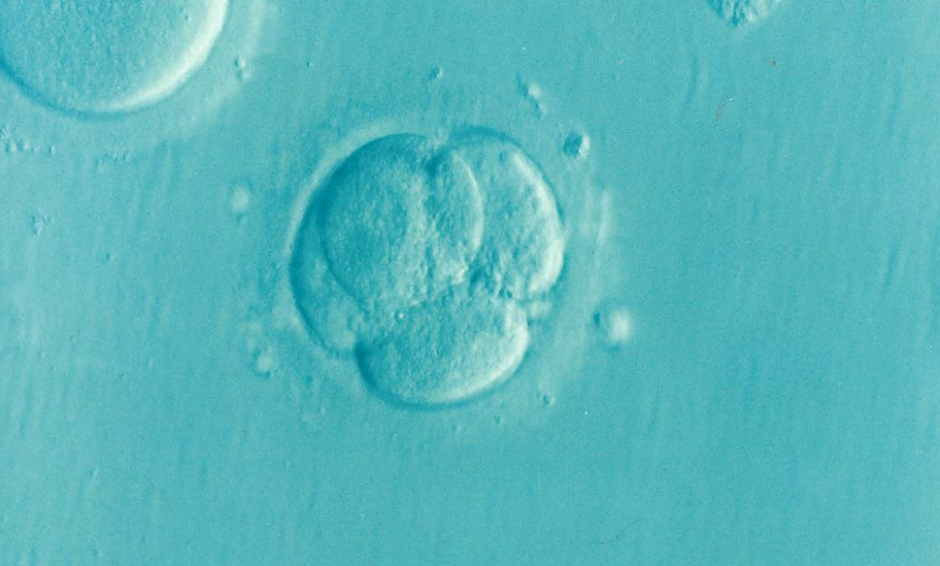PRECONCEPTION paternal exposure to phthalates, compounds found in plastics and personal products and estimated to be detectable in almost the entire population of the USA, has been associated with a significant decrease in blastocyst quality in an early stage of embryo development, according to the findings of a new study.
Believed to be the first prospective study in humans to assess links between paternal exposure to phthalates and embryo quality during the blastocyst stage, 50 couples undergoing in vitro fertilisation (IVF) contributed 761 oocytes between them. At the same time as oocyte retrieval, semen samples were taken from male partners and phthalate exposure was measured in the urine of both male and female partners. The quality of the embryo was ascertained at the cleavage (Day 3) and blastocyst (Day 5) stages. Concentrations of 17 urinary metabolites were quantified by liquid chromatography mass spectrometry.
No significant associations for male or female phthalate exposures at the cleavage stage were found. On the other hand, at the blastocyst stage the odds ratios for male urinary concentrations of monobenzyl phthalate, mono-3 hydroxybutyl phthalate, and mono-n-butyl phthalate were 0.55, 0.37, and 0.39, respectively. These were all inversely associated with high-quality blastocysts.
Lead study author, Assistant Prof J. Richard Pilsner, School of Public Health and Health Sciences, University of Massachusetts, Amherst, Massachusetts, USA, commented that this study “provides the first data demonstrating associations between preconception paternal phthalate and phthalate alternatives and embryo develop, in a critical step towards our understanding of the paternal contributions to reproductive success.”
Prof Pilsner noted that results supported “the growing evidence that the preconception paternal health environmental health may contribute to reproductive potential.” Nevertheless, further studies are required in order to understand the long-term impacts of altered embryo development and to uncover a mechanism by which paternal preconception exposure to phthalates can influence embryo development.
(Image: freeimages.com)








